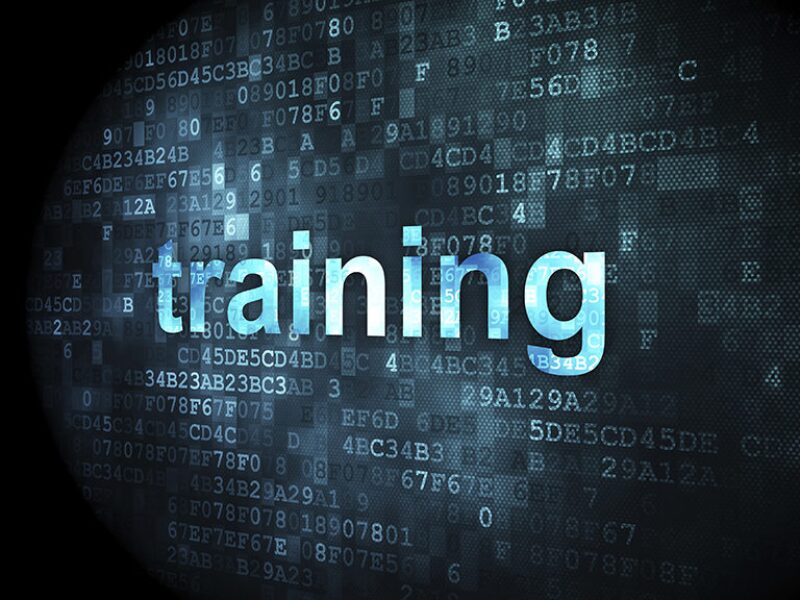As new technologies enable the drilling of increasingly complex and challenging wells, well control remains a critical operation that requires personnel to possess not only technical skill but also the ability to communicate effectively during stressful situations. This paper focuses on the preparation for, and implementation of, well-control training, while highlighting the integration of people skills into curricula and what advantages operators and drilling contractors have obtained.
Conventional Well-Control Training
Well control is of paramount importance and relies on trained teams to maintain well integrity throughout the drilling process. Conventional courses remain the cornerstone in competency training and provide a solid foundation for understanding the fundamental physics associated with well control, and should always remain part of the core curriculum. Crews that use high-fidelity simulations with integrated crew resource management (CRM) will be equipped to mitigate challenges in deepwater drilling environments better.
Students who score consistently above average on an individual well-control examination should then be considered for advanced training.


